
AVIATION POLICY: Department of Infrastructure releases Aviation White Paper – Towards 2050. What does it say?
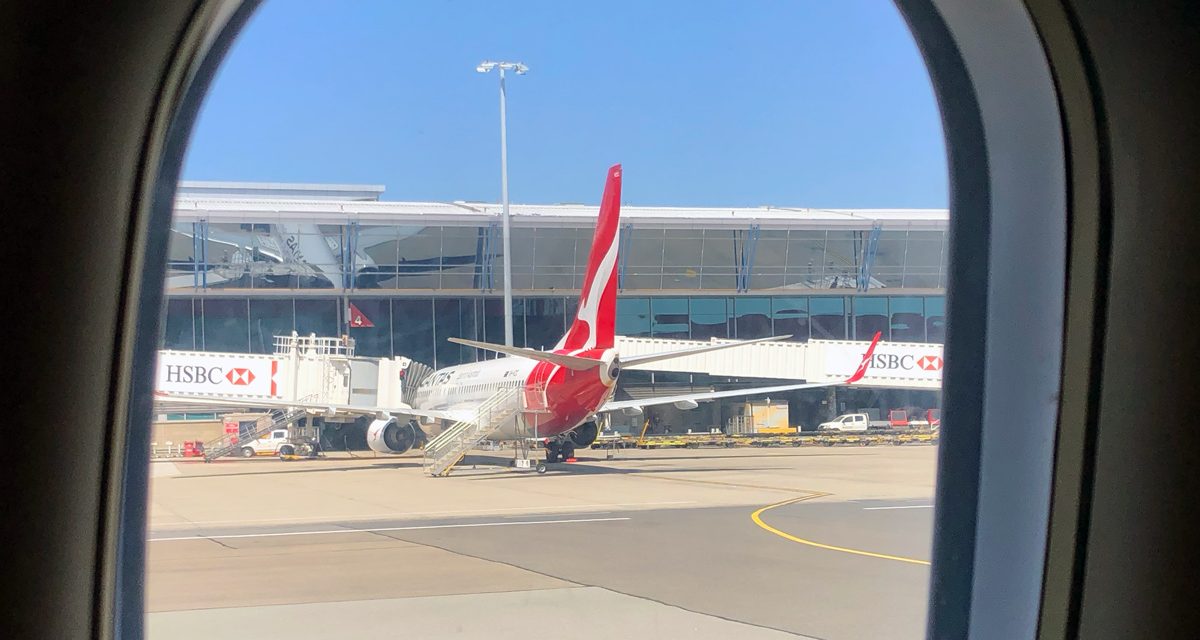
The headline initiative of this Aviation White Paper is the creation of a new independent Aviation Ombudsperson who will:
‘…have the power to direct airlines and airports to provide remedies to consumers and investigate customer complaints about airlines’ and airports’ conduct, with penalties for non-compliance.’
Aviation White Paper, 2024
The Australian Government has today (26 August 2024) the Aviation White Paper which details the overall policy intent for the industry. This will be the basis for legislation governing the aviation industry in Australia over the next 50 years.
It’s a bit of a mixed bag, and gives less than many industry critics were hoping for. But it does give travellers some good things in terms of protections and arbitration. But does it go far enough?
Content of this Post:
56 White Paper ‘Initiatives’ recommended
I am not going to list all the recommendations. If you want to read them, then download the report yourself. Below, I have outlined some of the major initiatives.
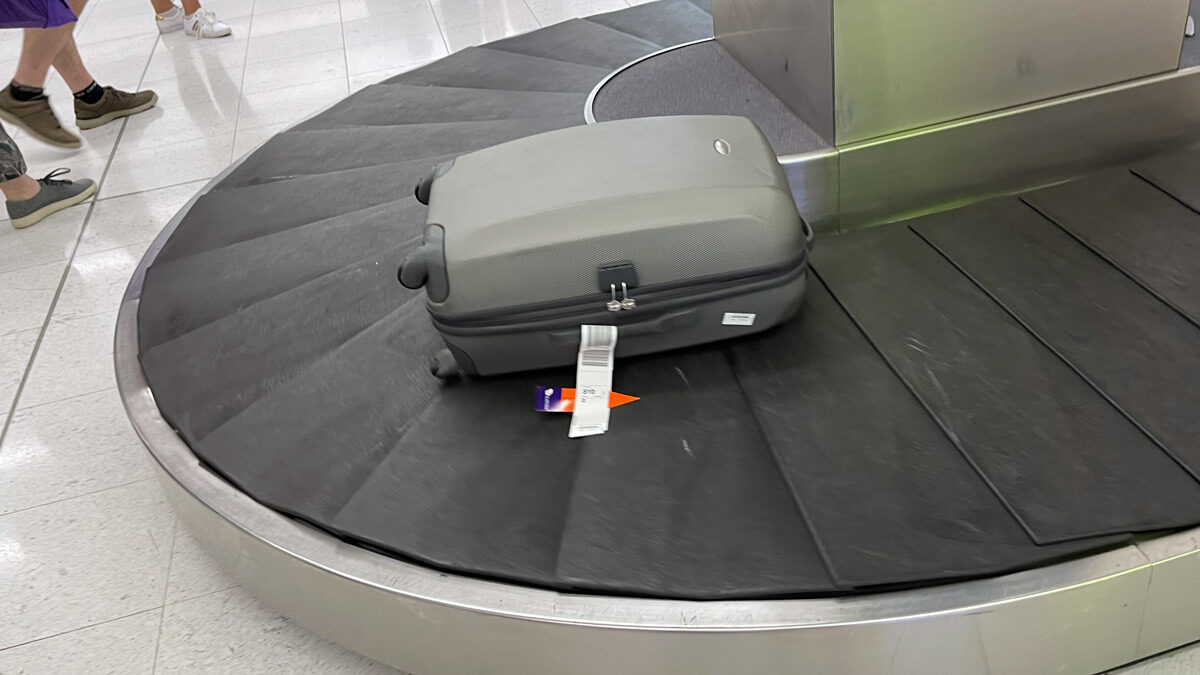
Aviation Ombudsperson
This is probably the most important recommendation, but it falls well short of promising a European Union-style delay and cancellation compensation scheme. It does set up an independent scheme that will devise compliance and enforcement mechanisms for the airline industry, It will also have the power of enforcement and can provide advice to the government on policy and regulatory change. Referring matters of systemic misconduct to the Australian Competition and Consumer Commission (ACCC) is also outlined.
It will be the primary consumer rights body for the aviation industry by devising a new Aviation Customer Rights Charter. This will outline minimum customer service levels and outline consumer expectations for cancelled and delayed flights, disruptions and the payment of refunds.
Airlines will be required to report (‘show cause’) the reasons for delays and cancellations regularly, and the Ombudsperson will be able to enquire about the circumstances of specific flights.
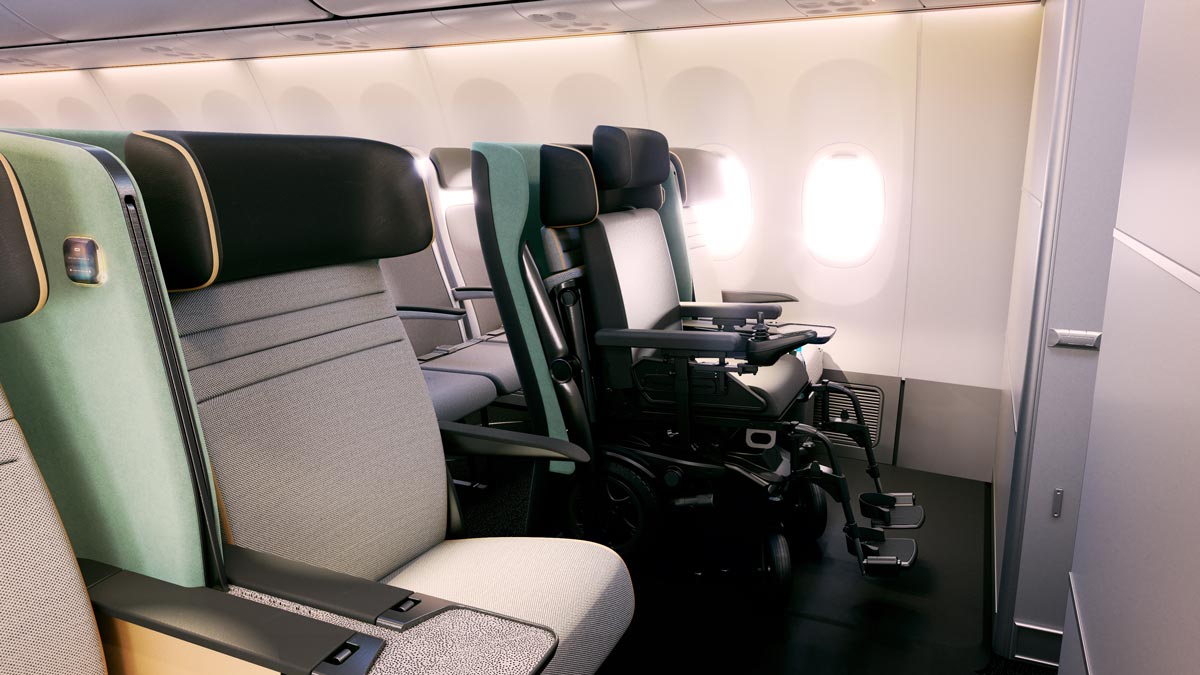
Disability Standards
The Ombudsperson will devise aviation-specific disability standards reflecting the rights of people with a disability and the responsibilities of airlines. This will be a co-design process involving people with a disability outlining the obligations of airlines and airports for the journey end to end. This will involve the development of passenger profiles where disability details can be securely shared with airlines and airports. Think of everything from assistance animals to wheelchair battery specifications.
It indicates that limiting the number of people with disabilities on each flight will no longer be acceptable, other than if it is a safety concern. Airlines and airports will need to take better care of transporting wheelchairs too. The White Paper recommends increased compensation for damage.
More competitive aviation sector
Finally, a recommendation that has been around for some years from the 2021 Harris Review to improve the management of Airport slots, particularly in Sydney is set to be acted on. It talks of a new effective and conflict-of-interest-free process. This will contrast with the current arrangement where the body that allocates slots is owned by Qantas and Virgin Australia.
The way Airports and Airlines negotiate pricing will be changed so that they are not anti-competitive, and are more transparent, with the ACCC potentially monitoring their conduct. It also might bring in the Productivity Commission to have a look at whether Airports are misusing the monopoly market power. This could affect the ‘use it or lose it’ rule and grandfathering of airport slots.
It recommends a permanent role for the gathering of information and monitoring of domestic airline pricing and performance, currently being conducted by the ACCC. It recommends changing legislation so it can publish more of this data.
The government is also going to look at itself to see if changed airfare purchasing practices could increase competition.
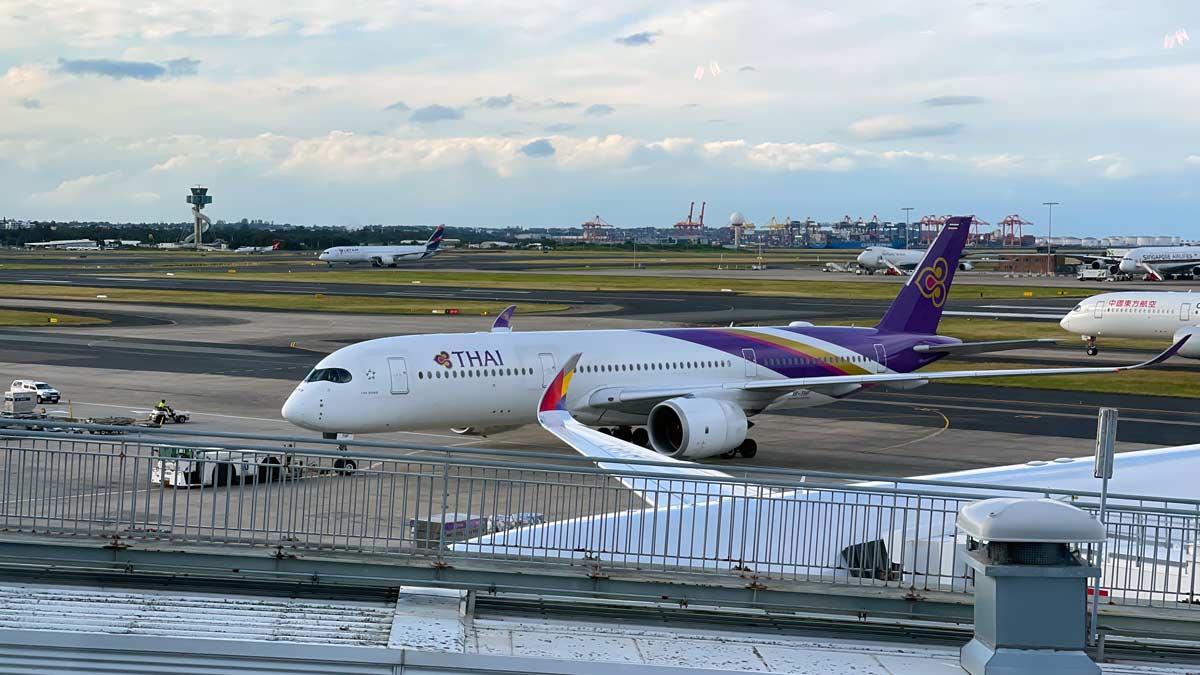
Workforce
There are a bunch of ‘initiatives’ on various aspects of workforce training and representation from engineers, pilots, licensing, vocational education qualifications and gender equity guidelines. Most of these are only shocking in that they don’t already exist.
Environmental
There is a list of initiatives for government to support LCLF production (Low Carbon Liquid Fuels). This includes using the Future Made in Australia Innovation Fund to support LCLF production.
Regional
Under these recommendations, support for various regional airport, and air access programs will continue. Guidelines are to be updated to up the training and employment of First Nations communities and businesses and reflect the ne gender equity charter to be developed by the Aviation Ombudsperson.
General Aviation
The recommendations here are broad and are about keeping regulation up to date and streamlined for developing technologies and innovations in the industry.
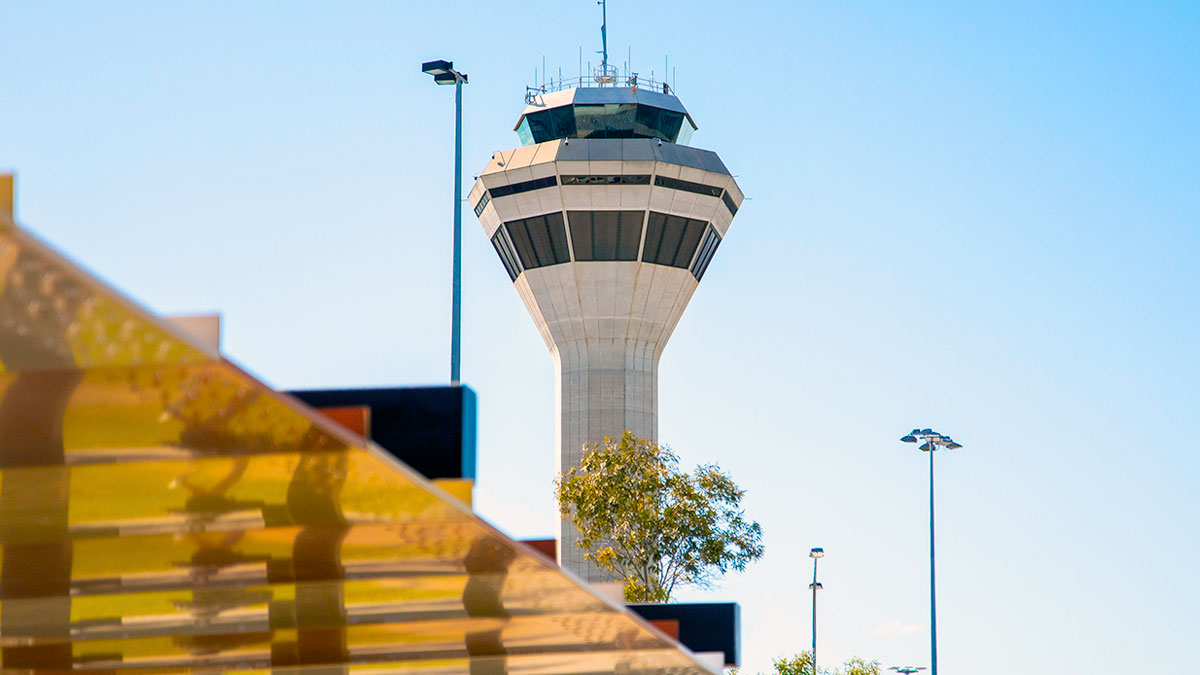
Airports and noise
Another Ombudsperson to be created here – one for Aircraft Noise, independent of Airservices Australia. They will be tasked with developing a framework, compiling data publishing reports and making recommendations to the government on handling noise complaints, industry compliance, and ‘flying considerately’ guidelines for pilots.
Safety and Security and new technologies
These two sections include the updating of various aviation safety protocols and plans, plus outlining a four-stage process for modernising the management of Australia’s airspace so that it can deal with ‘uncrewed aircraft’ – meaning drones.
The sections also deal with the encouragement of Australian industry, the development of a new system to enable air traffic management to communicate with drones and the privacy issues and noise impacts and the planning of AAM (Advanced Air Mobility).
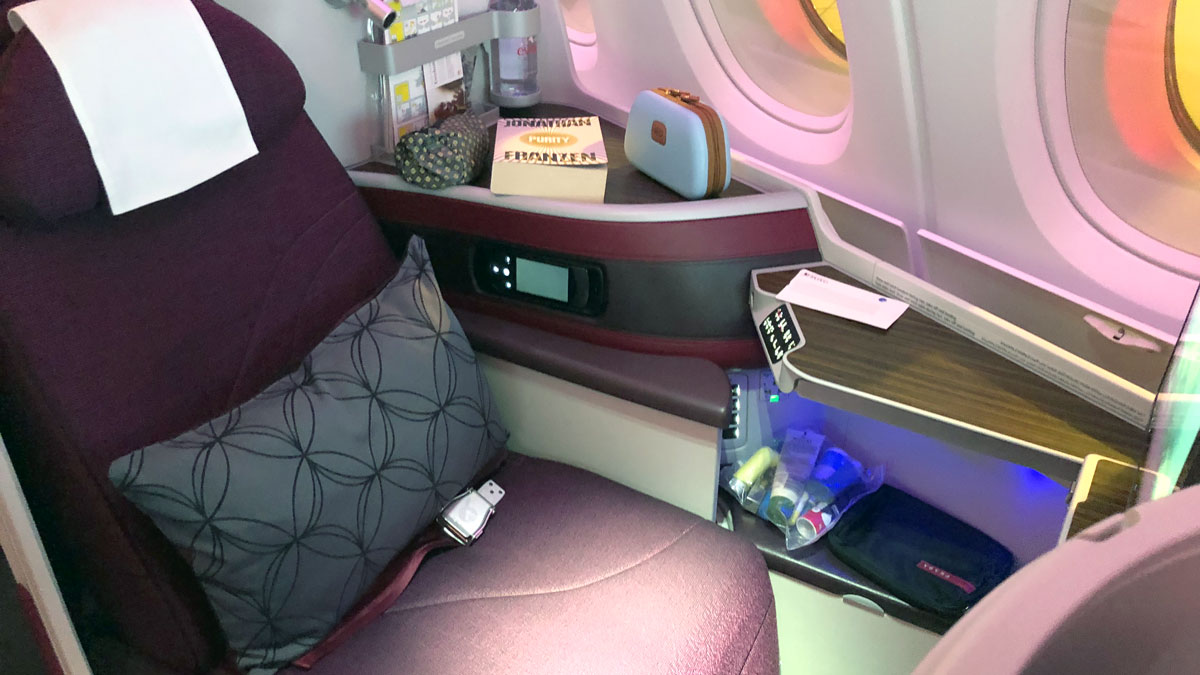
International Aviation
The final section of the White Paper deals with Australia’s relations with international aviation. This is important as it puts in black and white the need to pursue ‘open skies’ policies and bilateral agreements. Provided they are in Australia’s interests. It also advises the ‘government is to pursue additional capacity ahead of demand’. That should be music to the ears of the likes of Qatar Airways. They already have an application to expand its services into Australia.
The final ‘Initiative 56’ is a foreign affairs-focused recommendation that seeks to deepen Asia Pacific regional aviation capabilities building.
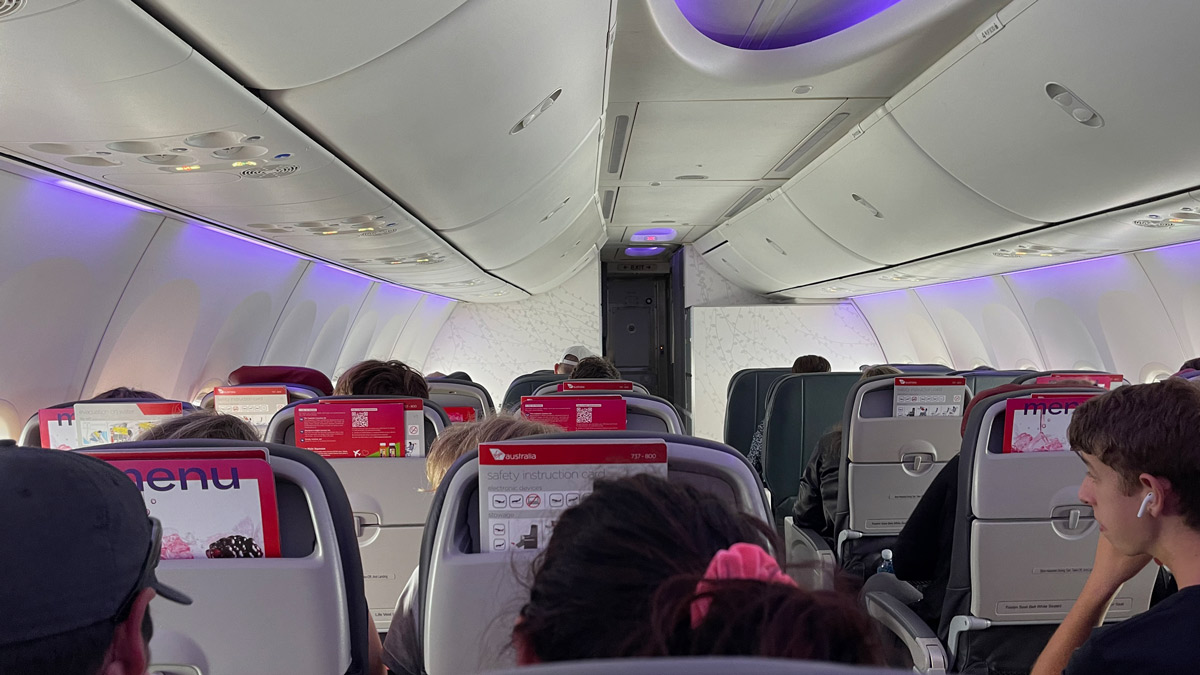
2PAXfly Takeout
The Aviation Whitepaper has few surprises. It underwhelms those who had hoped for a more aggressive consumer protection stance. Other than that, most recommendations are modest but progressive, and nothing to scare the horses with.
It will be interesting to see how consumer and industry groups react. This is their last chance before action through legislation is launched later this year, if we are lucky.

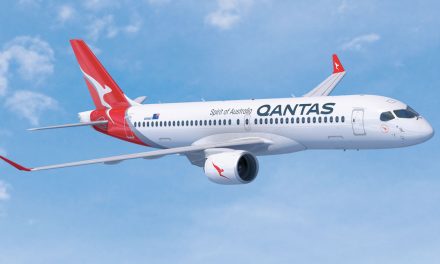
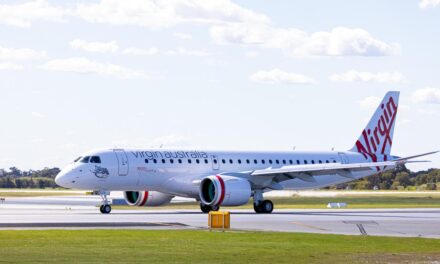
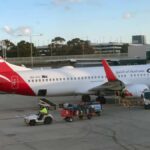
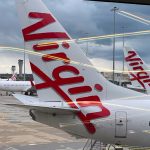


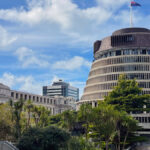

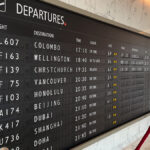
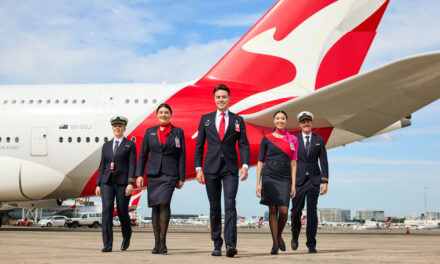
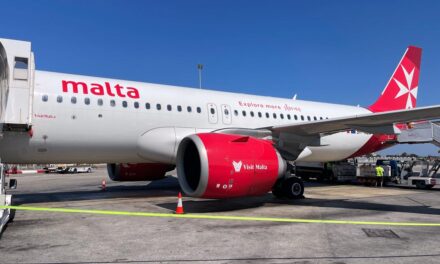




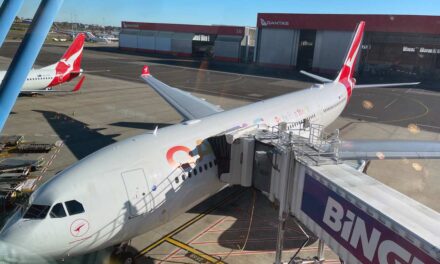


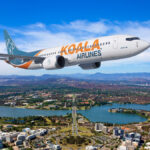

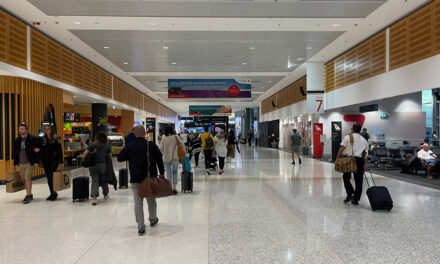

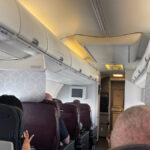


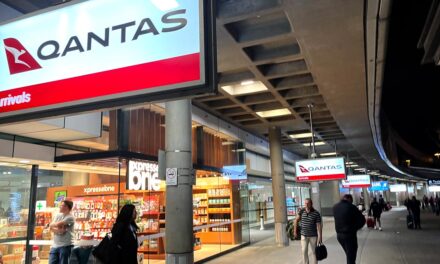
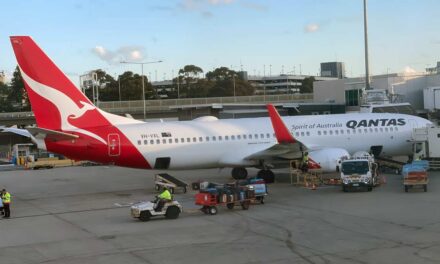

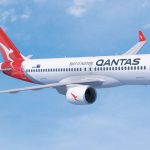

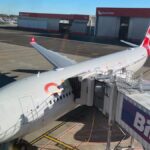


What did you say?